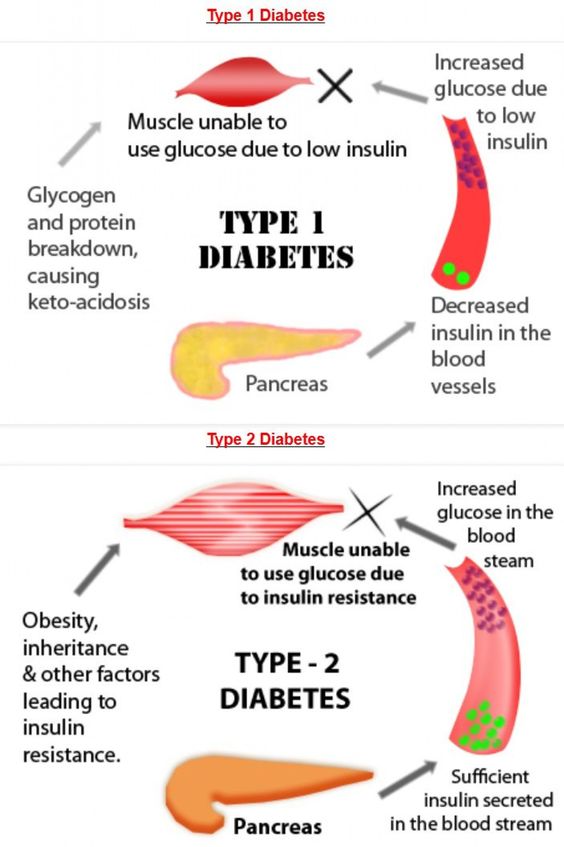Demystifying Diabetes: Types, Causes, and Understanding Development
In a world where health concerns loom large, diabetes emerges as a prevalent and often misunderstood condition. To truly navigate the path towards wellness, it’s crucial to demystify diabetes, understand its different types, and delve into the reasons behind its development. In this informative blog, we’ll unravel the intricacies of diabetes, explore its various types, and shed light on the factors that contribute to its onset.

Types of Diabetes:
- Type 1 Diabetes: This autoimmune condition occurs when the immune system mistakenly attacks and destroys insulin-producing cells in the pancreas. Consequently, the body lacks insulin, a hormone necessary to regulate blood sugar levels. Type 1 diabetes usually develops in childhood or adolescence and requires lifelong insulin therapy.
- Type 2 Diabetes: More common among adults, type 2 diabetes results from insulin resistance. Cells become less responsive to insulin, leading to elevated blood sugar levels. Lifestyle factors such as poor diet, sedentary habits, genetics, and obesity often play a role in the development of type 2 diabetes.
- Gestational Diabetes: Occurring during pregnancy, gestational diabetes arises when the body can’t produce enough insulin to meet increased needs. While it usually resolves after childbirth, women who’ve had gestational diabetes have an increased risk of developing type 2 diabetes later in life.
Factors Contributing to Diabetes Development:
- Genetics: Family history can significantly influence diabetes risk. Genetic predisposition can impact how the body processes insulin and glucose, increasing the likelihood of diabetes development.
- Lifestyle Choices: Sedentary lifestyles and poor dietary habits, characterized by high sugar and refined carbohydrate intake, contribute to obesity and insulin resistance. Maintaining a healthy weight through regular exercise and a balanced diet can help prevent type 2 diabetes.
- Obesity: Excess body weight, particularly abdominal fat, is a major risk factor for type 2 diabetes. Fat cells release inflammatory chemicals that disrupt insulin signaling, leading to insulin resistance.
- Insulin Resistance: In type 2 diabetes, cells fail to respond adequately to insulin. This can result from genetic factors, obesity, and even chronic inflammation.
- Autoimmune Responses: Type 1 diabetes is an autoimmune disorder where the immune system mistakenly attacks insulin-producing cells. While the exact cause isn’t fully understood, genetic and environmental factors are thought to trigger this response.
- Age: As individuals age, the risk of type 2 diabetes increases, partially due to changes in hormone levels and decreased sensitivity to insulin.
- Ethnicity: Certain ethnic groups, such as African Americans, Hispanics, Native Americans, and Asian Americans, have a higher predisposition to type 2 diabetes.
The FreeStyle Libre 2 Continuous Glucose Monitoring (CGM) system can significantly enhance diabetes management by providing real-time insights into blood sugar levels. This data empowers individuals to make informed decisions about diet, exercise, and medication adjustments. With no finger pricks required, it offers convenience and the ability to identify trends, preventing highs and lows. Overall, the FreeStyle Libre 2 CGM system brings precision, control, and peace of mind to diabetes care.


By understanding the diverse types of diabetes and the complex web of factors influencing its development, we equip ourselves with the knowledge to make informed choices for our health. Through proactive measures like maintaining a healthy lifestyle, managing weight, and regular health screenings, we can take steps towards preventing diabetes or managing it effectively if already diagnosed. Remember, the journey towards health begins with knowledge, empowerment, and a commitment to wellness.
